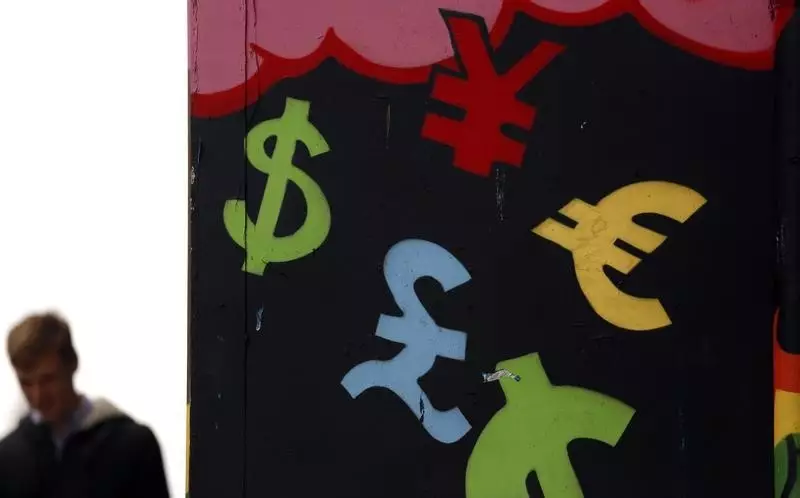In a noteworthy development, newly appointed U.S. Secretary of State Marco Rubio engaged in a significant conversation with Vietnam’s Deputy Prime Minister and Foreign Minister Bui Thanh Son. This call marks a pivotal moment in the evolving diplomatic relations between the United States and Vietnam, celebrating three decades of partnership. The tone of the conversation reflects the objectives of the current U.S. administration under President Donald Trump, which aims not only to solidify ties but also to address pressing economic concerns.
This engagement comes in the wake of a Comprehensive Strategic Partnership, solidified in 2023, that underscores mutual interests and shared security challenges in the Asia-Pacific region. This partnership aims to capitalize on the stalwart progress made over the decades, which has transformed Vietnam from a post-war economy to a burgeoning industrial hub playing a key role in global trade.
A focal point of the dialogue was the concerning trade imbalance between the two nations. As reported, the U.S. trade deficit with Vietnam has ballooned, surpassing a staggering $110 billion within the first eleven months of 2024. This imbalance raises red flags for U.S. economic policymakers and trade officials, particularly in light of Trump’s previous threats to impose tariffs on imports. The 18% year-on-year increase in the trade deficit only amplifies apprehensions regarding the reliance on Vietnamese exports and the potential repercussions for American businesses.
Vietnam’s burgeoning exports have coincided with a remarkable depreciation of its currency against the dollar, positioning the country as an attractive manufacturing base for major U.S. corporations. This economic dynamic, while beneficial for Vietnam, has drawn criticism and concerns from U.S. manufacturers dealing with an uneven playing field.
The call also delved into regional security issues, particularly the aggressive maneuvers of China in the South China Sea. For both the U.S. and Vietnam, maintaining a stable and secure maritime environment is paramount. China’s assertive territorial claims have heightened tensions in the region, making cooperation even more crucial for allies looking to balance power dynamics in Asia. Rubio’s insistence on addressing these regional concerns further underscores the importance of Vietnam as a strategic partner for the United States, especially as an ally in efforts to counter China’s expanding influence.
As both countries navigate this complex relationship, the proceedings following the recent call will be telling. The commitment to addressing trade imbalances while simultaneously fortifying security cooperation will be a focal point in future discussions. With prominent U.S. multinationals entrenched in Vietnam—such as Apple, Google, Nike, and Intel—the partnership is set to yield significant economic benefits, provided that both sides can find common ground on sensitive trade issues.
Ultimately, the relationship between the U.S. and Vietnam continues to evolve, driven by economic realities and strategic considerations. As both nations move forward, the balancing act of fostering cooperation while addressing inequality will determine the trajectory of this increasingly vital partnership.

